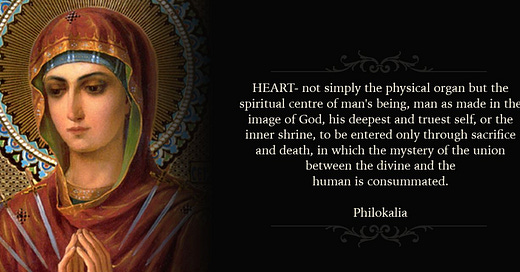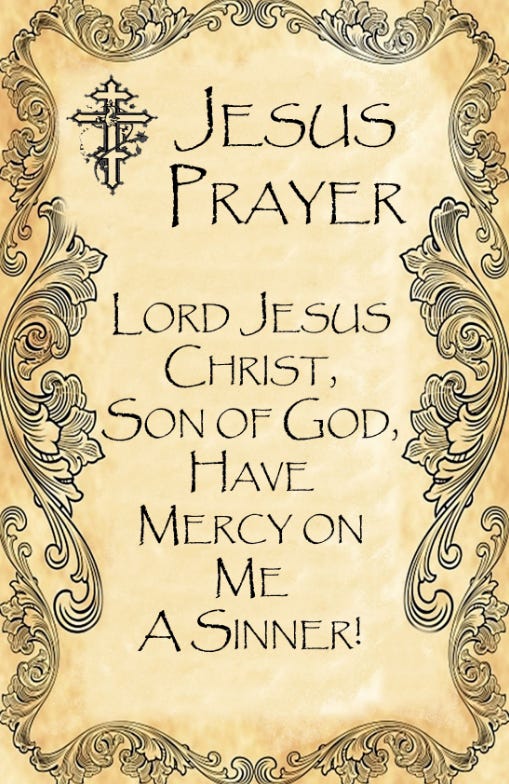Acts 25:13-19 (Epistle)
13 And after some days King Agrippa and Bernice came to Caesarea to greet Festus.
14 When they had been there many days, Festus laid Paul’s case before the king, saying: “There is a certain man left a prisoner by Felix,
15 about whom the chief priests and the elders of the Jews informed me, when I was in Jerusalem, asking for a judgment against him.
16 To them I answered, ‘It is not the custom of the Romans to deliver any man to destruction before the accused meets the accusers face to face, and has opportunity to answer for himself concerning the charge against him.’
17 Therefore when they had come together, without any delay, the next day I sat on the judgment seat and commanded the man to be brought in.
18 When the accusers stood up, they brought no accusation against him of such things as I supposed,
19 but had some questions against him about their own religion and about a certain Jesus, who had died, whom Paul affirmed to be alive.
John 16:23-33 (Gospel)
23 And in that day you will ask Me nothing. Most assuredly, I say to you, whatever you ask the Father in My name He will give you.
24 Until now you have asked nothing in My name. Ask, and you will receive, that your joy may be full.
25 These things I have spoken to you in figurative language; but the time is coming when I will no longer speak to you in figurative language, but I will tell you plainly about the Father.
26 In that day you will ask in My name, and I do not say to you that I shall pray the Father for you;
27 for the Father Himself loves you, because you have loved Me, and have believed that I came forth from God.
28 I came forth from the Father and have come into the world. Again, I leave the world and go to the Father.”
29 His disciples said to Him, “See, now You are speaking plainly, and using no figure of speech!
30 Now we are sure that You know all things, and have no need that anyone should question You. By this we believe that You came forth from God.”
31 Jesus answered them, “Do you now believe?
32 Indeed the hour is coming, yes, has now come, that you will be scattered, each to his own, and will leave Me alone. And yet I am not alone, because the Father is with Me.
33 These things I have spoken to you, that in Me you may have peace. In the world you will have tribulation; but be of good cheer, I have overcome the world.”
Translation of the relics of the Right-believing Igor-George, Tonsured Gabriel, Grand Prince of Chernigov, and Kiev
The Transfer of Relics of Saint Igor, Great Prince of Kiev The Kievan Great Prince Igor Ol’govich, in holy Baptism George (September 19), in the year 1146 suffered defeat and was taken captive by prince Izyaslav, who imprisoned him in one of the monasteries of Russian or Southern Pereyaslavl’ (now Pereyaslavl’-Khmel’nitsk). Far removed from the vanities of this world, and grievously ill, he began to repent of his sins and asked permission to be tonsured a monk. On January 5, 1147 Bishop Euthymius of Pereyaslavl’ tonsured him into monasticism with the name Gabriel. Soon he recovered his health and transferred to the Kiev Theodorov monastery, where he became a schemamonk with the name Ignatius, and devoted himself entirely to monastic efforts.
But a storm of fratricidal hatred raged over Kiev. The Chernigov princes, cousins of Igor, plotted to entice Izyaslav of Kiev into a joint campaign with the aim of capturing, or even killing him. The plot was uncovered when the prince was already on the way to Chernigov. The Kievans were in an uproar in learning of the ruse of the Chernigovichi, and they stormed into the place where the innocent Saint Igor was. Saint Igor was brutally murdered on September 19, 1147.
The Lord glorified the sufferer with miracles. With the blessing of Metropolitan Clement Smolyatich, Igumen Ananias of the Theodorov monastery buried the passion-bearer in the church of the Kiev Simonov monastery. On June 5, 1150, when the Kiev throne had become occupied by Yuri Dolgoruky, his confederate and the murdered Igor’s brother, the Chernigov prince Svyatoslav Ol’govich, solemnly transferred the holy relics of Saint Igor to Chernigov his native region, where they were placed into a reliquary in the Savior cathedral church. Then also the Feastday in memory of the saint was established.
From the Prayer of Jesus to Prayer of the Heart
by Fr. John Breck
Archimandrite Placide Deseille is Higoumen of the Monastery of Saint Anthony the Great, St.-Laurent-en-Royans, France, and professor at the St. Sergius Theological Institute in Paris. The following thoughts are adapted from a talk he gave at a local parish on 6 March 2008, originally published by the Service Orthodoxe de Presse (SOP), supplement no. 327, April 2008.
The expressions “Prayer of the Heart” and “Prayer of Jesus” or “Jesus Prayer” are often used as equivalents. They should, however, be clearly distinguished one from the other. According to a person’s degree of spiritual maturity, the “Jesus Prayer” can be either active or contemplative. In the latter case, it becomes a true “prayer of the heart.”
The Jesus Prayer is composed chiefly of the name of Jesus. Athonite monks pray continuously: “Lord Jesus Christ, have mercy on me!” It can begin with a confession of faith: “Lord Jesus Christ, Son of God.” The cry for “mercy” is then uttered as a call for God to pour out His grace upon us (“mercy” is closely related to the Greek term for “oil,” which in Hebrew usage was a symbol of blessing). The Jesus Prayer is thus a “verbal icon” of Christ, which communicates to us the deifying grace or energy of the Risen Lord.
This invocation becomes true “prayer of the heart” only under certain conditions. The 19th “Spiritual Homily” of St. Macarius of Egypt says this: “When persons draws near to the Lord, they must first do violence to themselves in a strenuous effort to await His grace with unshakeable faith… They must struggle to pray even when they lack ‘spiritual prayer.’ When God sees how just how they persevere in the struggle, even when their heart is not in it, God will grant them the gift of true spiritual prayer, true charity, true tenderness and compassion. In a word, God will fill them with the gifts of the Holy Spirit.” ...
This week’s calendar reminders:
Monday 6/2: Matins 8:30 a.m.
Tuesday 6/3: no services or events
Wednesday 6/4: no services or events
Thursday 6/5: Matins 8:30 a.m.
Friday 6/6: Matins 8:30 a.m.
Saturday 6/7: Catechumen Class 4:30 p.m.; Choir Practice 5 p.m.; Vigil for Pentacost 6 p.m.
Sunday 6/8: Holy Pentecost: Festal Hours, Divine Liturgy, Kneeling Vespers 9:15 a.m. (Potluck meal to follow)
CLICK BELOW to donate online:
Christ the Savior Orthodox Church is located in Southbury, Connecticut, and is part of the New England Diocese of the Orthodox Church of America.
Mailing address: Christ the Savior Church, 1070 Roxbury Road, Southbury, CT 06488
PLEASE DONATE to help our parish do the work of the Lord, thrive and grow, and extend the Kingdom of God. May the Lord bless your generosity!
Fr. Moses Locke can be reached at frmoseslocke@gmail.com











